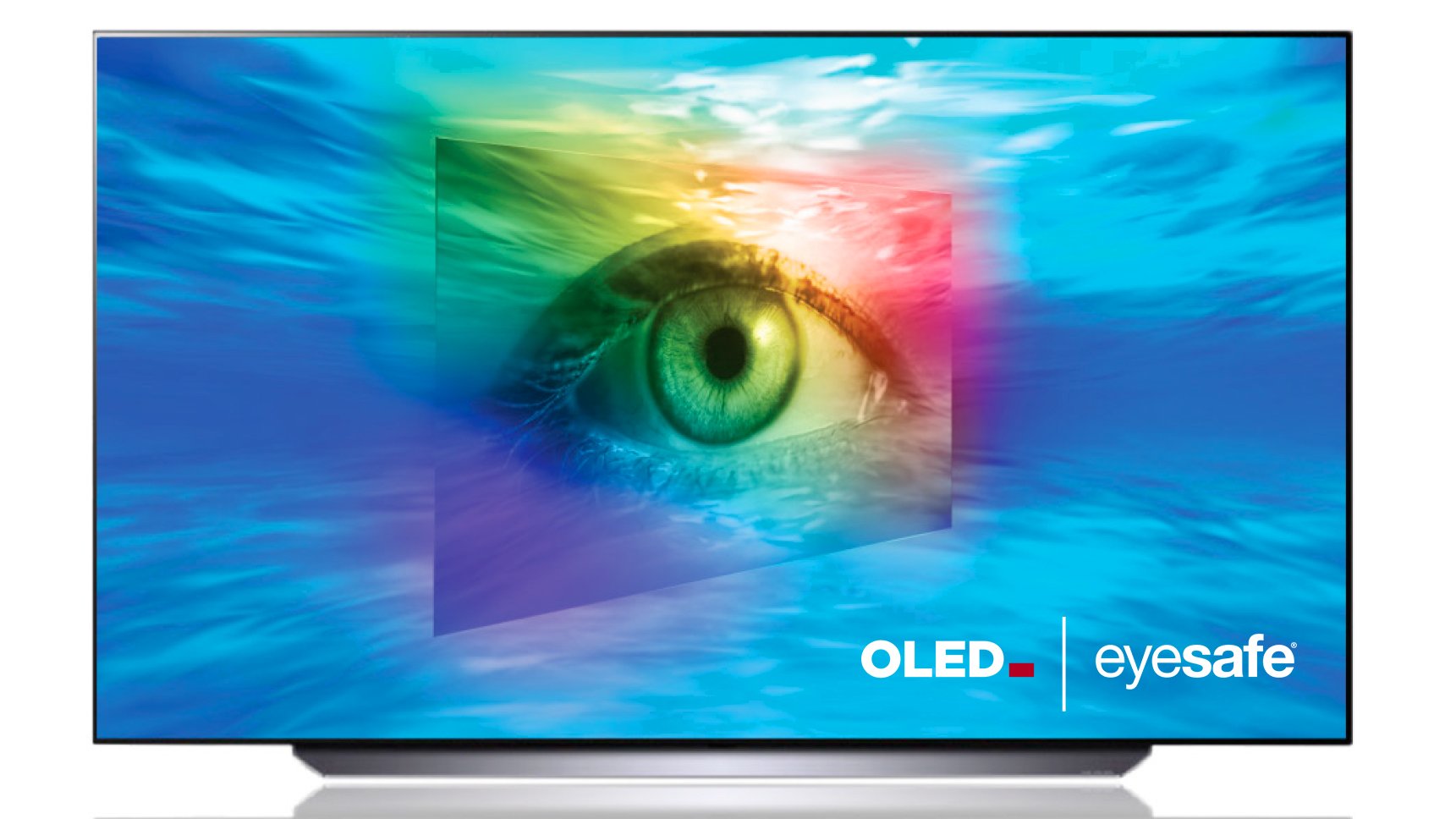While picture quality is often considered to be the most important factor to consider when buying a new TV, something many don’t realize is that prioritizing a display that limits blue light is perhaps equally important. Blue light is a high-energy form of light that the human eye can’t filter effectively. Consistent exposure to blue light may contribute to blurred vision, irritated eyes, and even headaches. It can also lead to trouble sleeping, as well as reduced alertness, focus, and concentration. Note that while anybody can experience these effects after blue light exposure, children are particularly vulnerable to blue light because their eyes aren't fully developed, and as a result, are less effective at filtering blue light than adult eyes.

One of the best ways to get top-notch picture quality while also minimizing blue light exposure is to opt for LG Display's OLED TVs. Compared to LCD panels that use a constant backlight, the pixels on OLED TVs produce light themselves, and only produce specific light types when the image demands it. This results in significantly less blue light compared to LGCs, and is the main reason OLEDs are recommended by the Eyesafe Vision Health Advisory Board, which is a group of world-renowned optometrists and ophthalmologists. Additionally, these displays are also developed with direct input from doctors to ensure they meet international standards for low blue light and color performance.
If you’re worried that these benefits come at the cost of visual quality, don’t be — OLEDs also have a better picture than LCDs do, as their deeper contrast ratios and lack of “blooming” (an effect that causes bright objects in an image to whiten dark areas around them unnaturally) results in a sharper and cleaner image.
Increased screen time may cause negative effects on our eyes. This is why LG Display's OLED Screen, the only Eyesafe® Certified display on the market, can be part of a solution to our extended screen time. Eyesafe Certification is conducted by the leading testing firm TÜV Rheinland, a member of the Eyesafe Vision Health Advisory Board and one of the world's leading ophthalmologists, ensuring all Eyesafe Certified TVs maintain low blue light emissions while still delivering exceptional color quality. These TVs are strongly recommended by the Eyesafe Vision Health Advisory Board, as they have some of the lowest blue light emissions without compromising visual fidelity.
“Many studies suggest that blue light exposure contributes to red irritated eyes and trouble sleeping,” says Vance Thompson, MD. “We don’t have all the research yet to know what that may mean for our eyes or health. Reducing daily exposure is a good start, and OLED Eyesafe TVs give off significantly less blue light than other TVs in the market.”
Ultimately, LG Display’s Eyesafe Certified OLED TVs are the best option available for reducing the amount of blue light you’re exposed to while watching TV. If you’re interested in further details and the prospect of getting one yourself, head to OledSpace.com to learn more. Make sure you follow Eyesafe on Facebook as well.
No comments:
Post a Comment